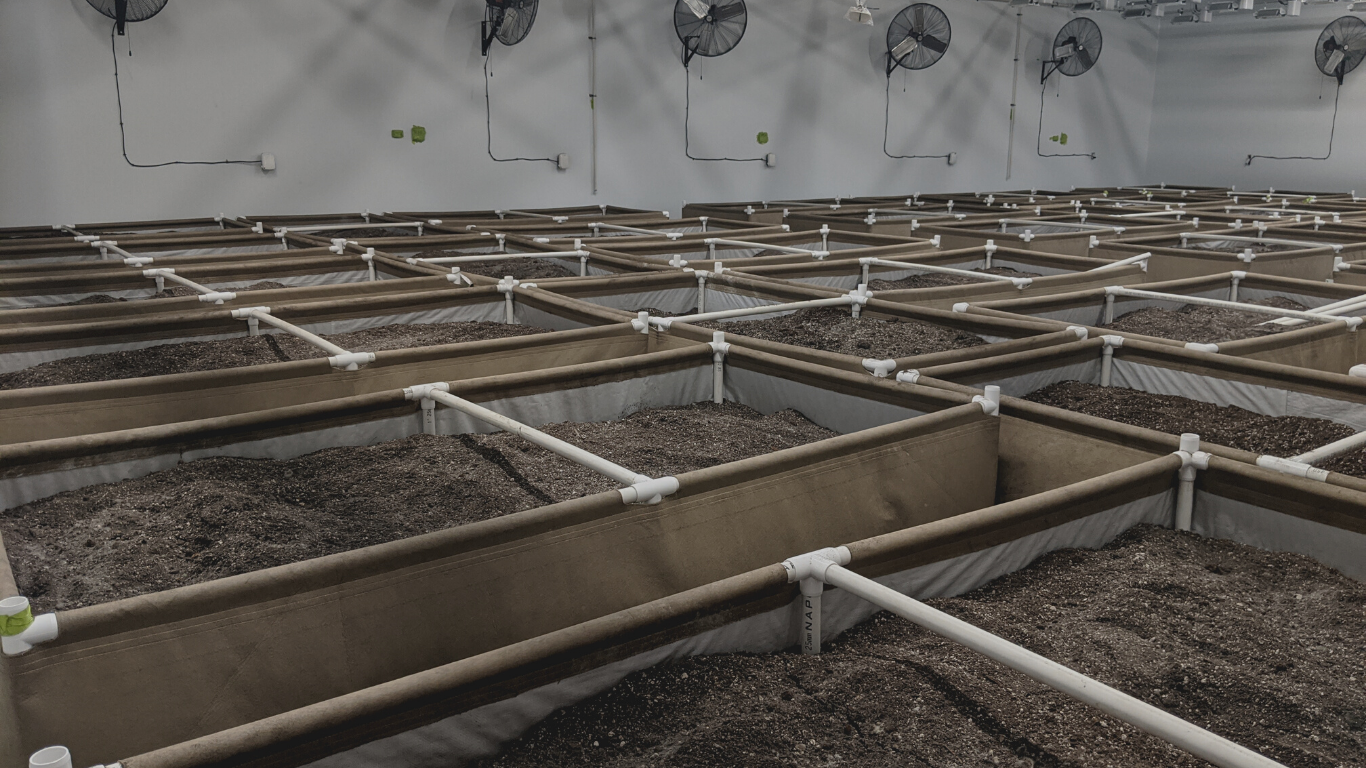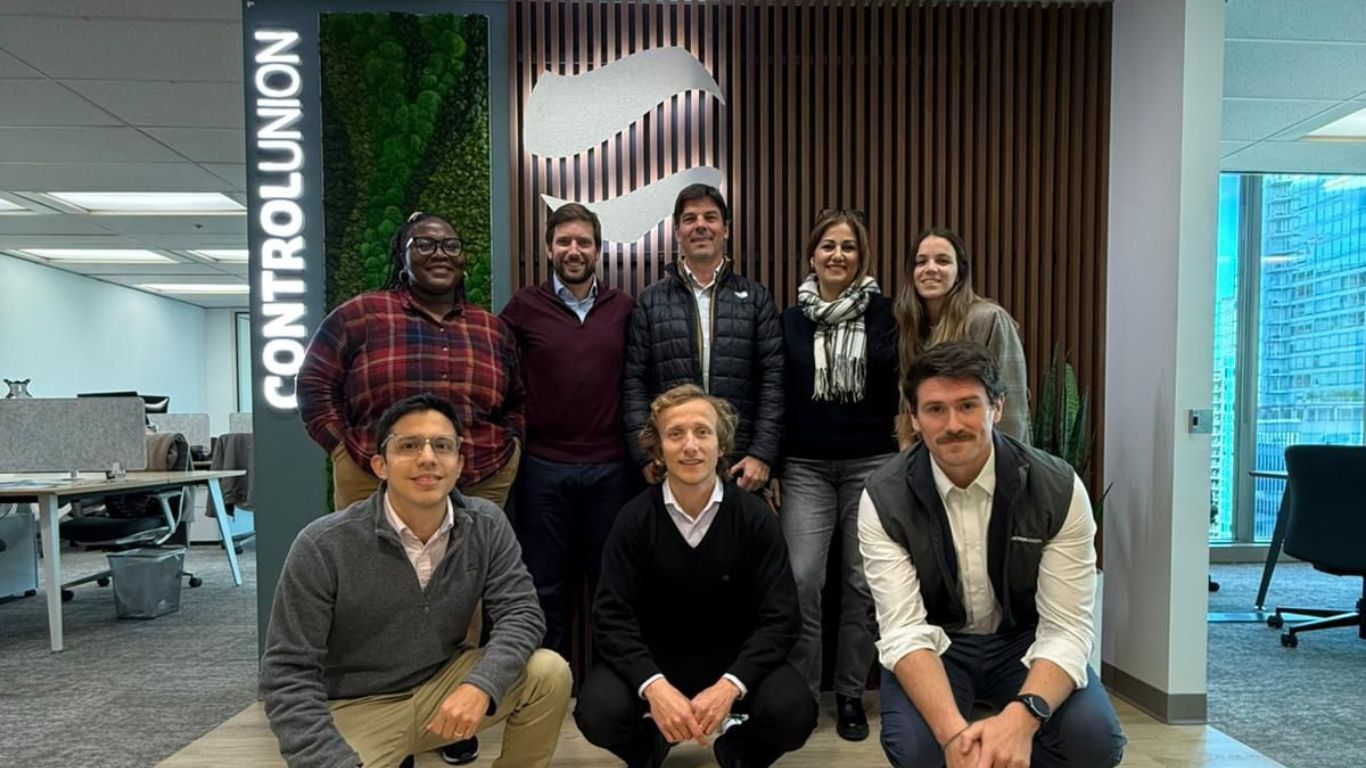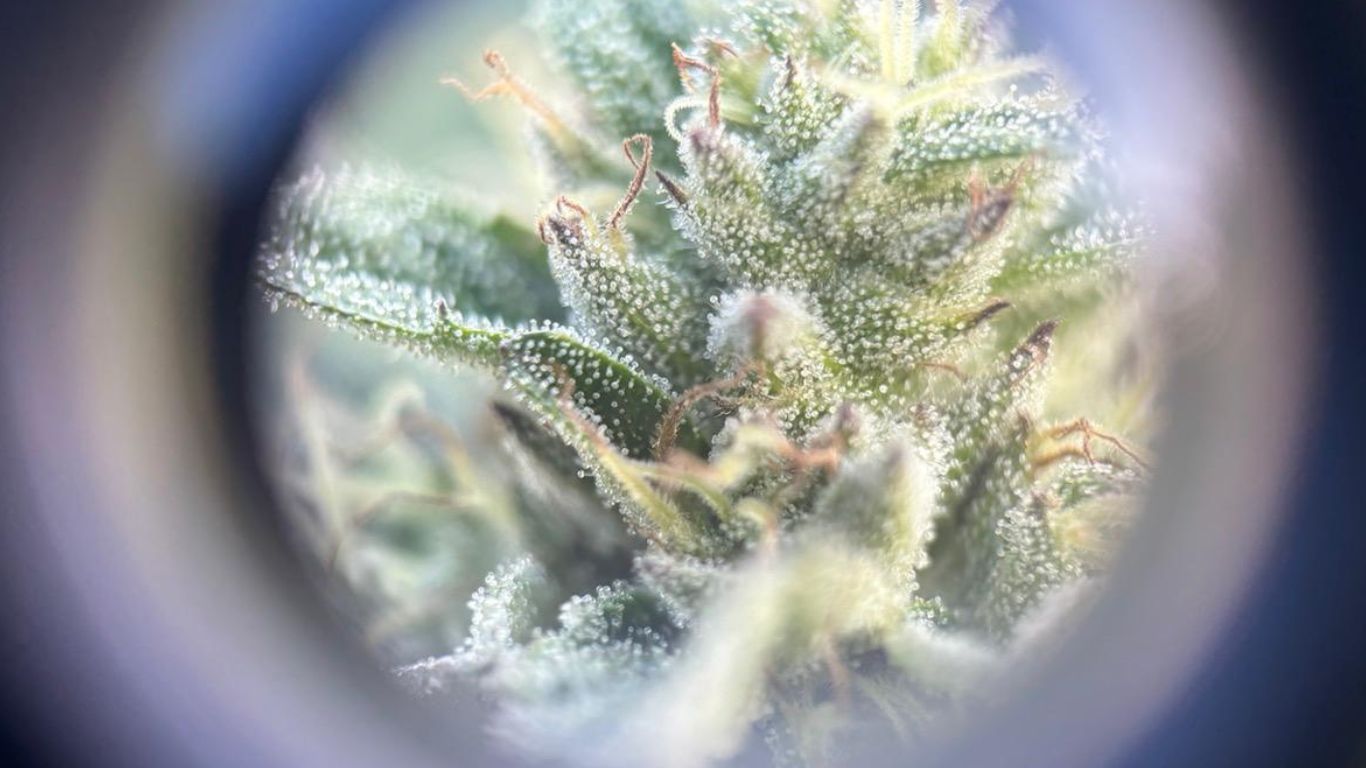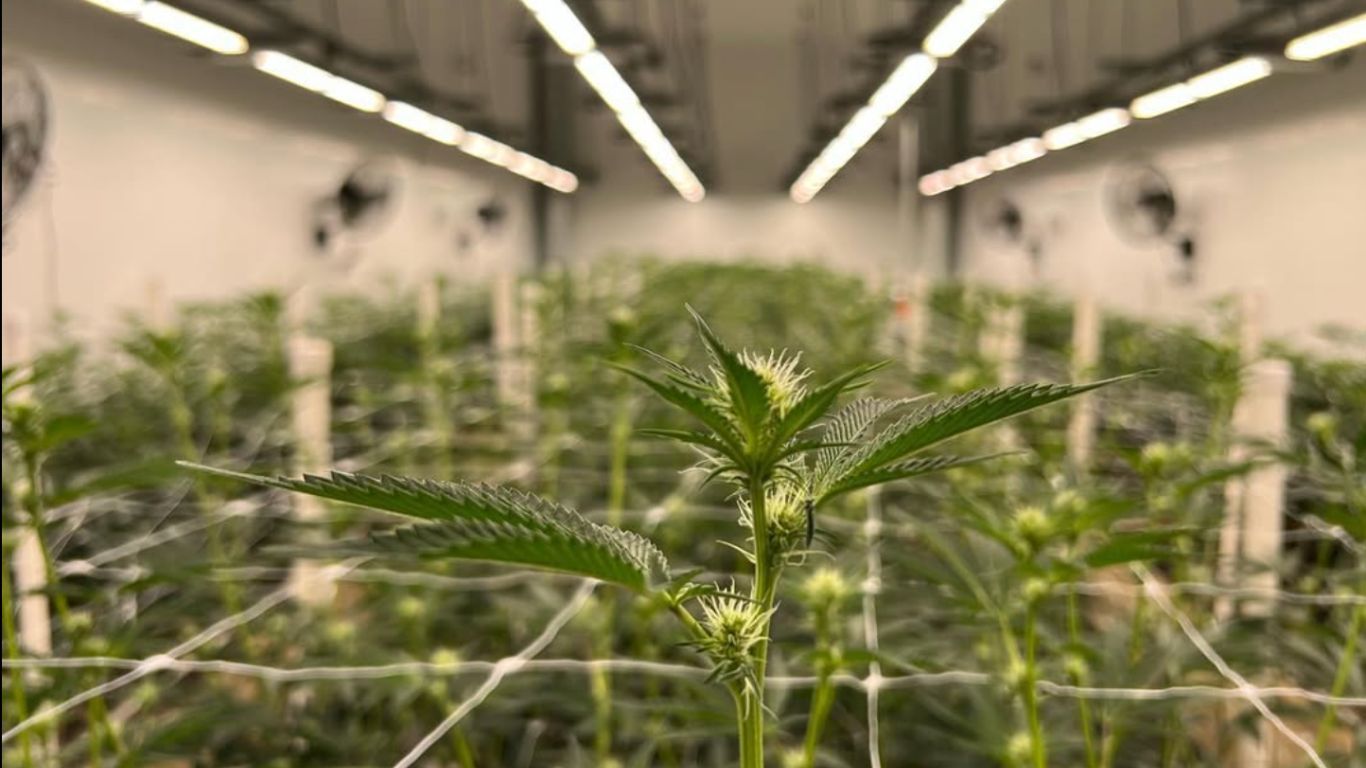
| COMPANY: | Whippletree Organics, Captured Light Organics, Nuvem Nurseries |
| LICENCE TYPE: | Micro and Nursery |
| APPROACH: | Indoor, Living soil |
| TIMELINE: | ~5 months (April 2020 to September 2020) |
| COST: | ~$1.5-2 million for all three, combined |
| FACILITY: | Indoor |
Canada’s first cannabis microplex was recently licensed in Victoria, BC, housing a cannabis nursery and two micro cannabis licences in one building.
Whippletree Organics and Captured Light Organics are the two micro cultivation sites on the bottom floor, with Nuvem Nurseries on the second floor, providing starting materials for the two micro flowering rooms below.
The project, the brainchild of Travis and Sarah Lane and a few key partners, looks to bring a new level of quality, small batch, BC bud to the legal cannabis market, and hopes to help guide the way for others.
All three licences were successfully processed in about five months, submitting their applications in April of this year. Prior to that, Travis Lane says he and their team spent about eighteen months planning, renovating their building, and preparing their SOPs, investing what he estimates is a little over a million and a half dollars on all three licences, combined.
“We built a nursery on the top floor, and then we built two micros downstairs, both that can operate as stand alone cultivators with the idea that the nursery will be the veg space and to provide for the flowering space downstairs. We’re looking at monetizing the nursery as well, by selling seeds, clones and tissue culture,” explains Travis.
We’d like to get farm-gate, get a processing centre for live hash making, and set up a lounge on site and create a kind of cultural microbrew pub-style gathering place for the south island. I don’t know if that’s five years or ten years down the road, but we want to be ready for it.TRAVIS LANE
Although they hope to expand the nursery over time, they have no plans to expand their micro licences into standard licences, although Travis says he does see them potentially adding another micro either at the same site or elsewhere, once they can prove the model out a bit.
Travis, a well known and outspoken cannabis advocate and founder of the online cannabis store, The Internet Dispensary, is a Director of the BC Independent Cannabis Association and a long time cannabis grower, among many other roles. For he and his partner Sarah, getting through the licensing process is not only about creating a successful business, but proving that the small scale micro model can work for people like himself who have long operated in the BC cannabis community.
The real hurdles to going legal, he says, aren’t federal licensing, so much as understanding how to create a successful business model.
“We’re lucky that we’re well informed and know what we’re doing. Not everyone has the advantages we have, be it financial backing or a cannabis background, and we know that. Still, we’ve done our homework, and the fact of the matter is the regulator was barely a speedbump.”
“I can say this about Health Canada,” continues Travis. “If you come in prepared with a proper build and you do your homework, they don’t want to deny you, they are helpful. The actual licence application process, once the application was in, was far less difficult than making a business run or building a facility like this.
“The biggest licensing considerations are land, money, execution on a build and execution on a business and none of those have that much to do with the regulator, as long as you build to specs. That’s the hardest part. The biggest issue with the overall regulations is a lot of people don’t know what to build, but that’s becoming clearer and clearer as more licences get through. So for us this is a proof of concept.”
The couple did as much of the work as they could on their own, or with their partners, with both helping to design the rooms and Sarah writing all their own SOPs for all three facilities. Although this process can be a challenge for many, and isn’t necessarily easy, she says she was able to accomplish it on her own, while utilizing online guidelines and connecting with others in the industry.
To all the growers who can grow killer weed and are still scared to jump into the legal space: If you can get financed and want to do this as a career, worry less about Health Canada and start worrying about actual business considerations. TRAVIS LANE
“I think the SOPs are probably daunting to most people because they are so technical,” says Sarah, a PhD Candidate at the Centre for Forest Biology at the University of Victoria. “I approached it by first reading through the regulations, and Health Canada provided quite a few guidelines for what’s actually necessary. After that it’s just thinking about it in a process-based fashion – where are you going with the facility, what is your growing method – and then trying to describe it in steps that makes sense.”
Ensuring you don’t over complicate the application or your SOPs is important, she says.
“It’s easy to think of them as overly regulated, but I was pleasantly surprised that once I started I found it’s just a guideline for how people should work, and you can do more detailed instruction manuals later. It wasn’t easy, it took a lot of time, but keeping it simple enough to give you room to change them over time makes it easier and will help as your approach changes.”
“One of the best things that we’ve had going for us throughout this whole process has been the community. While we’re trying to reach backward for people who are coming from the illegal space, the community within the legal space has been so helpful and willing to offer advice and are very supportive of our transition. So anyone looking to get into the legal space, it’s not scary, it’s not rocket science. The more that you talk to people and be open about what you are doing, the more you can get that advice and support.”

Travis is the RPIC and head grower for all three facilities, while Sarah is the quality manager. Although a micro cultivator is not required to have a QAP, her job is, in essence, that of a QAP. They also have a head of security, two grow techs and a new facility manager, and will be hiring temporary help for harvests, trimming, etc.
Their plan, explains Travis, is to focus on one strain per room and really perfecting it, while utilizing their nursery licence upstairs to store and experiment with a large library of genetics they brought in at licensing, as well as supplying starting material for their micros and offering B2B and, once provinces allow it, B2C sales.
Their first two crops, which they are starting soon, should be ready for the consumer market by early next year with a Blue Lime Pi and a Black Cherry Limeade, his plan is to first offer five gram containers of dried flower, while also looking at partnerships for processing products for extracts.
Although they currently don’t have a processing license, Travis says the goal is to get one to allow them to do some small scale solvent-free extraction, as well as selling through any future farm-gate model on BC.
“We’d like to get farm-gate, get a processing centre for live hash making, and set up a lounge on site and create a kind of cultural microbrew pub-style gathering place for the south island. I don’t know if that’s five years or ten years down the road, but we want to be ready for it.
“We want to be a centre of the culture, too,” he continues. “We want to show that stoners can work hard and play hard too. Here’s a place where you can feel safe, and comfortable, talk to the people who grew it, and try some in our lounge.”
Travis, who is very outspoken in his support for the ongoing operators in the illicit market, says there needs to be more of an industry effort to help people like himself and others who have successfully transitioned rather than calling for increased enforcement. With the legal market only capturing about twenty percent of the overall consumer market in Canada so far, he says the goal should be about providing incentives, not punishments. As more growers who are coming from the black market succeed in the legal market, he says it will be the best incentive for others to take the leap as well.
“I still believe that there shouldn’t be enforcement against illicit actors,” he says. “I think it’s a slow transition period and it’s going to take time for the legal market to outcompete the illicit market, and then it’s just going to be more attractive to get into the legal marketplace.
“Until that time, we should be working to reach out to the people who operate in that space to encourage them and show them that this isn’t impossible, that you shouldn’t be afraid of the regulatory burden, that you should be more concerned with the cost of funding a startup business.
While we’re trying to reach backward for people who are coming from the illegal space, the community within the legal space has been so helpful and willing to offer advice and are very supportive of our transition. So anyone looking to get into the legal space, it’s not scary, it’s not rocket science. The more that you talk to people and be open about what you are doing, the more you can get that advice and support.SARAH LANE
“I also think, while were not the first, we’re very vocal and hopefully as even more of us get in and get more vocal and more transparent, we can see the consumer base get educated on what the difference is between a run of the mill gram of weed or a pre-roll vs something that is high quality with high terpene content. Maybe we can teach consumers not to shop based on THC percentage. Maybe we can get some of these messages out there with a group of small businesses working together.
“So Gord at North 40 releasing all of his COAs or Truro showing the heritage of the seeds they use – these are the kinds of things we would do in the illicit market place and it’s going to be nice to see these same practices headed over to the legal marketspace.”
Finally, he says those in the illicit market who want to get in the legal market should ignore the noise and just make the move.
“To all the growers who can grow killer weed and are still scared to jump into the legal space: If you can get financed and want to do this as a career, worry less about Health Canada and start worrying about actual business considerations.”











